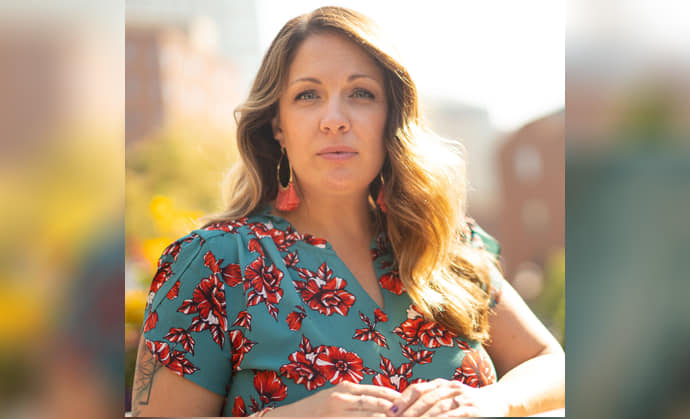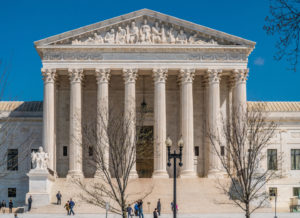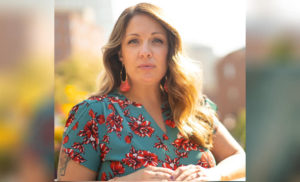In free speech case, Supreme Court is expected by some to back Colorado web designer who opposes same-sex marriage
The Supreme Court appears poised to rule in favor of the First Amendment right of a Christian web designer to refuse building websites for same-sex weddings.
The Supreme Court heard oral arguments…

The Supreme Court appears poised to rule in favor of the First Amendment right of a Christian web designer to refuse building websites for same-sex weddings.
The Supreme Court heard oral arguments in 303 Creative LLC v. Elenis on Dec. 5, in which web designer Lorie Smith contests the Colorado Anti-Discrimination Act.
Smith alleges the act, which prohibits many businesses from discrimination on the basis of several characteristics including sexual orientation, threatens her ability to exercise First Amendment free speech rights to decline designing websites for weddings that are against her faith-based views on marriage.
After the U.S. 10th Circuit Court of Appeals ruled against Smith last year, the Supreme Court granted a petition for review, as The Lion has previously reported.
Although liberal justices seemed reluctant during oral arguments to grant an exemption for Smith, Chief Justice John Roberts noted the high court had never supported compelled speech against the views of the speaker.
Liberal justices proposed race-based hypotheticals to challenge the web designer’s free speech argument. Justice Sonia Sotomayor brought up whether websites for interracial couples might be opposed, and Justice Ketanji Brown Jackson offered a scenario depicting a hypothetical photography business that only took pictures of Santa with white children.
Kristen Waggoner, Smith’s attorney, challenged the use of such racial hypotheticals, noting precedents such as Obergefell v. Hodges, in which the court did not equate religious objections with race-based objections.
“In fact, (Obergefell) said that decent and honorable people hold beliefs about marriage, believing that there’s a gender-differentiated marriage and that that’s based on reasonable religious and philosophical premises,” Waggoner argued.
Similarly, Justice Samuel Alito questioned whether it was “fair to equate opposition to same-sex marriage with opposition to interracial marriage” in light of Justice Anthony Kennedy’s writing in Obergefell.
Since the case was first brought in 2016, Smith has faced hardships in her business and threats from those who oppose her outside of the courtroom.
“I’ve had my home address put on social media, I have received many threats – death threats, threats of bodily harm,” Smith told Fox News Digital. “The security system on my home, my child’s school has been on alert. I’ve lost business, my clients have been harassed and my website … people attempt to hack into it, almost regularly by the hour.”
However, Smith still believes in the importance of the case.
“It protects not just me – it protects those who have different views on marriage, who perhaps oppose my view on marriage,” Smith said. “The right to speak freely is guaranteed to all of us, and that’s been hard at times.”
Some are predicting that the predominantly conservative Supreme Court will rule in favor of Smith.
“Given that Ms. Smith lost her case in the lower courts and that the Supreme Court agreed to hear this case,” attorney and law professor Mark Smith told Fox News Digital, “there seems to be pretty strong evidence that the Supreme Court intends to rule in favor of Ms. Smith and further strengthen those aspects of the First Amendment protecting Americans against coerced speech mandated by government.”
Such a ruling, expected next year, would be a monumental decision with regard to the often-clashing values of free speech and anti-discrimination.



